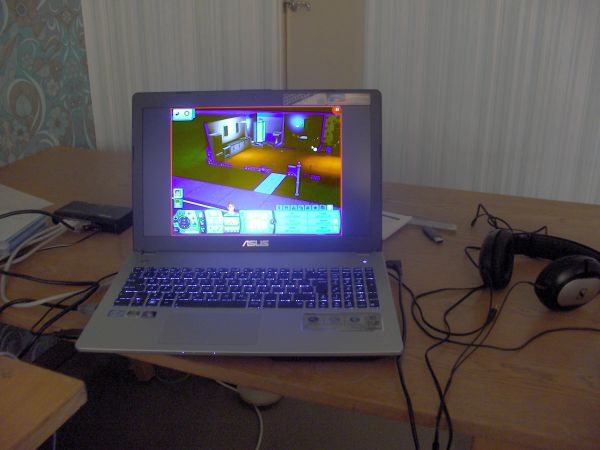
“I can learn how to control my emotions!?” Judging from your expression of shock and disbelief, I’d say you still have a way to go! But yeah, it is considered one of the virtues of Go, the ancient Oriental board game.
Should I study the life and death of stones or humans? Both?
No, not yet my death or even anyone in my family, although I am sure we are not immortal yet. Rather, I have finished re-watching the inspirational anime Hikaru no Go, about a young boy and an old ghost stirring up the world of Go (or igo, as it is commonly called in Japan), the ancient board game which holds an even greater reputation than chess in Japan, Korea and China. It is seen as not only a game, but a cultural activity, and fitting for people who have retired and want to spend their last year in a dignified way.
This, dear reader, is my problem with it. I don’t want to spend my last days or years on Earth playing a game; I want to spend them preparing for the hereafter: Studying esoteric books, reflecting on myself, meditating, praying and conveying my accumulated wisdom to the public domain in my journal.
That is what I tell myself. But actually observing myself, I see that I easily spend an hour or two a day playing computer games, more during the weekend. Add another hour watching family-friendly anime, and I have enough time to become a decent amateur at Go/igo. I may no longer be in the uppermost percentile of IQ, but it is not because I have fallen and hit my head; rather, the younger generation has closed in on me, being noticeably smarter than the kids I went to school with. Perhaps it is because they have grown up in front of the computer, while my classmates spent their free time outdoors chasing a ball. If we had played Go instead, we geezers would still rule the roost… ^_^
So it is not that my brain can’t learn anything new. Rather, I have this mental block, similar to Hikaru in most of the episodes from 60 to 70, thinking that if he played Go ever again and liked it, something terrible would happen: The spirit that had accompanied him day and night for the last years would disappear forever. That is a pretty dramatic threat, I can assure you, because I cannot imagine what I would do if the Spirit were to suddenly disappear and not come back. I would be in Hell. So the question is rather whether I, like Hikaru, have misunderstood the spiritual value of Go.
In a way, I think Go would be preferably to Master of Magic. Go is after all a two-player game, so I would please someone else in addition to myself. (Of course, we don’t want to stretch that particular phrasing too far…) But basically, it is less selfish than many – most? – of my free time activities. On the other hand, having a more reputable hobby would make it easier to justify as good and right, rather than accept it as a sign of human frailty which I am slowly working to eradicate. I worry that it may become a part of my soul. They don’t play Go in Heaven, do they?
So I’m kind of compromising. I am reading “how to play Go” pages on the Internet, and watching low-level games on the International Go Server. But I am not playing there. Yet. Instead I am solving Go problems of life and death. This is an actual phrase in the culture of Go: It is essentially a war game, only simplified to the purest essence (far more so than chess), so groups of stones are said to have life if they have escape routes (liberties) or are connected with other stones of the same side which have such. Otherwise, the stones are said to have “died”. Studying life and death of stones is an essential activity for the beginner. But it is hard for me to do without thinking of life and death in Real Life.







